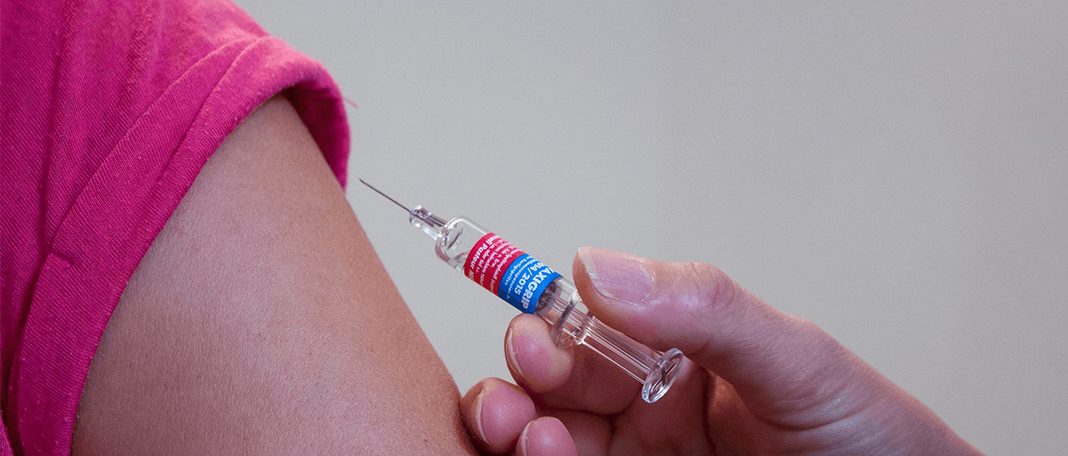Experts say mRNA used in the Moderna and Pfizer COVID-19 vaccines can stimulate your body’s immune system and recognize cancer cells and attach them!
What is mRNA?
mRNA stands for messenger ribonucleic acid. Usually, RNA plays a significant role in all living beings. It transports genetic information for the protein production of ribosomes, where protein synthesis takes place. The information in mRNA is read by the ribosomes and is translated into a specific amino acid sequence of proteins based on a genetic code.
Currently, many biotechnology companies have been facing struggles in delivering mRNA to where it needs to reach. The body has natural defense mechanisms against foreign mRNA.
While developing Biotech/Pfizer corona vaccines, the researchers have succeeded in protecting the mRNA effectively. They disguised it with armor made of lipid molecules(a type of fat layer).
mRNA and Cancer
How can the COVID-19 vaccine fight cancer?
Cancer is usually not identified easily because the cancer cells camouflage themselves from the immune system.
When the cancer is found, the tumor is usually cut away. The patients also have to undergo chemotherapy to stop the reproduction of the tumor cells. Scientists say that mRNA technology can be used to create an effective vaccine to fight cancer.
Dr. Jeffrey A. Metts of Cancer Treatment Centers of America in Atlanta says that, usually, cancer cells produce proteins targeted by mRNA vaccines.
The COVID-19 vaccines improve the immune system to recognize and attack cancer cells.
A cancer vaccine works by allowing the body’s immune system to recognize and prevent cancer cells from returning. The mRNA is delivered into the proteins so that it signals the immune system to detect and attack the tumor cells effectively.
The cancer therapies used currently enable scientists to create synthetic protein in the lab to kill the tumors or stimulate the immune system. The mRNA allows the tumor cells to produce their own therapies inside the tumor.
One of the major problems is that using mRNA to treat cancer might not last long in the body before deteriorating.
Hence, scientists of China have developed a new hydrogel that can stabilize mRNA, allowing it to slow-release both mRNA and a compound(adjuvant) to improve the vaccine’s immune response. Therefore, the therapies can now last longer for 30 days.
Scientists believe that if this vaccine could cross further trials, it might be a promising development for the treatment of cancers in humans.
Conclusion:
Scientists conclude that it is too early to decide if these mRNA vaccines can fight cancer, but it is considered to show promising results in the new drug development area.
There are several different types of cancers. Therefore, they are continuing to monitor the results of current and future research to understand how mRNA can be used to treat or protect against cancer.
The mRNA vaccines can help develop vaccines to fight cancer and various other diseases. These are majorly used to speed up the response towards any infectious disease outbreaks.
The mRNA therapies might include two vaccines including,
- One targets specific cancer expressions.
- Another one uses the samples of a person’s cells to target only the cancer cells.
Many companies are also planning to use mRNA in upcoming flu vaccines, heart failure treatments, and other diseases.


















